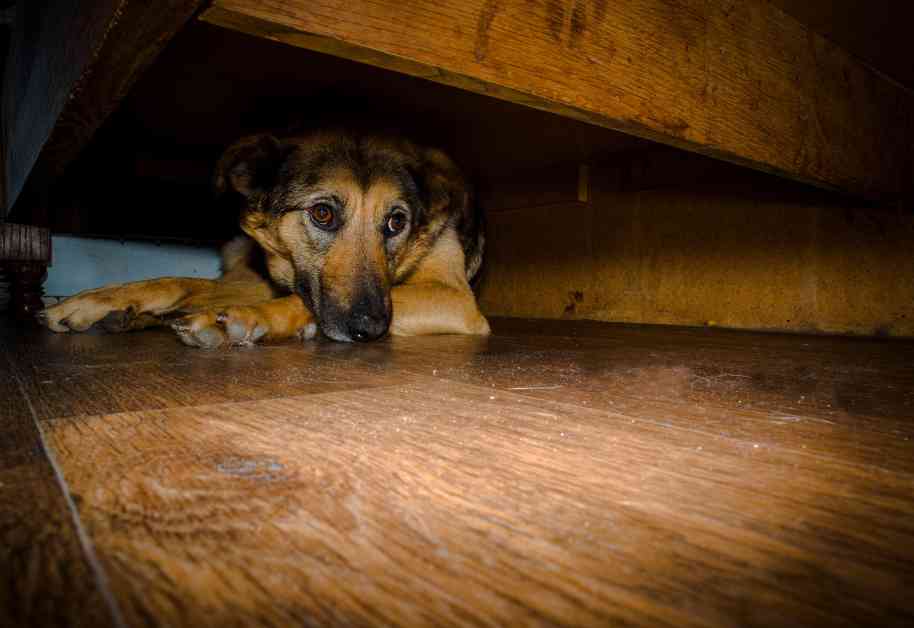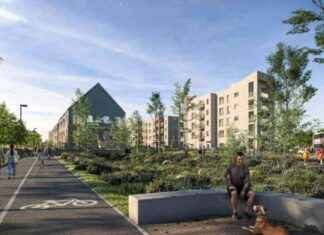Dogs Trust in Glasgow expressed disappointment over the rejection of a Firework Control Zone (FCZ) around their rehoming center by the Glasgow City Council. Despite the first implementation of a FCZ in Glasgow this year in the Pollokshields area, Dogs Trust’s application for a zone around their center was denied, leading to an appeal by the charity.
The decision to establish a pilot FCZ in Pollokshields was made due to the area experiencing significant firework-related antisocial behavior in the past. However, Dogs Trust argues that their rehoming center meets the criteria for a FCZ as they witness the distress and anxiety caused to dogs by fireworks, with some even being targeted at the center directly.
Laura Foster, Associate Director of Rehoming at Dogs Trust, emphasized the challenges faced by dogs during the fireworks season, especially in a residential area like Glasgow where private displays are common. The charity believes that the impact of unpredictable fireworks on animals, as stated in the Scottish Government’s guidance for FCZs, warrants the establishment of a zone around their center.
Despite the appeal, the Glasgow City Council cited a lack of time to review and implement a zone before Bonfire Night 2024. Dogs Trust urges the council to reconsider their appeal promptly and consult with animal welfare professionals to understand the impact of fireworks on their dogs before making a final decision.
In response, a council spokeswoman highlighted that decisions regarding FCZ applications were based on data from previous years on complaints and antisocial behavior related to fireworks. Residents are encouraged to participate in the consultation for a potential citywide Firework Control Zone next year, as the council collaborates with emergency services to address community safety concerns during Bonfire Night.
The rejection of Dogs Trust’s application for a FCZ reflects the ongoing challenges faced by animal welfare organizations during the fireworks season. The need to prioritize the well-being of animals and mitigate the distress caused by fireworks should be a key consideration for local authorities when evaluating such applications. Hopefully, continued dialogue and collaboration between animal welfare groups, local councils, and emergency services can lead to better solutions to ensure the safety and comfort of animals during festive seasons.
































